
Archive by category
Archive by tag
- Art 4
- Beaver Island 1
- Beowulf 1
- Boarding Schools 3
- Cafés 1
- Caravaggio 2
- Chaucer 4
- Claire Keegan 23
- Cognitive science 3
- Deborah Levy 2
- Drama 3
- Eavan Boland 2
- Elizabeth Bishop 1
- Emily Dickinson 2
- English Meet 8
- Essays 3
- F. Scott Fitzgerald 1
- Featured 27
- Film 3
- First World War 1
- Gerard Manley Hopkins 1
- Hamlet 14
- Hemingway 1
- Henry James 2
- Irish education 9
- J.L Carr 2
- James Shapiro 6
- John Betjeman 1
- John Donne 1
- Junior Cycle 3
- Keats 1
- King Lear 37
- King Lear Quizlets 5
- Leadership 4
- Lear essays 5
- Leaving Certificate 27
- Libraries 2
- Macbeth 19
- Macbeth Quizlets 5
- Othello 19
- Othello Quizlet 6
- Paper 1 5
- Quotations 1
- Reading 5
- ResearchED 11
- Romeo and Juliet 2
- Seamus Heaney 4
- Senior Cycle 6
- Sentences 1
- Short Stories 11
Featured in Archive
Another in a series of essays on Claire Keegan’s novel Small Things Like These, this time examining ideas of contingency and decision-making, with references to King Lear, Brian Klaas, Robert Frost and W.B. Yeats on Maud Gonne.
There’s a sense that right now the world is particularly dark. We often hear the unlovely word ‘polycrisis’. At such a time, English teaching might seem almost irrelevant and ineffectual. What can we do?
The first in the series of King Lear: scene by scene podcasts (with transcripts) looks at Act I scene i
A review of Carol Atherton’s Reading Lessons: the books we read at school, the conversations they spark and why they matter, with extended comments on English teaching.
A summary of teaching notes on Claire Keegan’s Small Things Like These, including a free 26-page downloadable guide.
A reflection on reading eclectically, and on how books connect to each other in surprising and fruitful ways.
Laura Cumming’s marvellous Thunderclap: a memoir of art and life & sudden death mulls over our gaps in the knowledge of the artist Carel Fabritius, but it is about so much more, especially her father, the Scottish artist James Cumming.
A post published originally in June 2009, following the incident when Paper 2 Leaving Certificate English had to be rescheduled, and there was a media firestorm.
King Lear and Caravaggio’s ‘The Taking of Christ’ were created at the same time, in two different countries, by two artists who never met each other: but they share a lot.
A post reflecting on where we are we right now with the proposed changes to Leaving Certificate English.
The beautiful jacket of Claire Keegan’s novel Small Things Like These is fashioned from Pieter Bruegel the Elder’s ‘Hunters in the Snow’. A significant detail is excluded from the selection.
Neil Sentance has written two marvellous short collections, imagining the lives of his family over many decades on the border of Lincolnshire and Nottinghamshire.
Poetry is the most dense and intense literary form. It needs time and space. But too often the design of contemporary textbooks does precisely the opposite.
George Saunders has written a superb book presenting and then commenting on seven great stories by the Russian masters. It is marvellous.
Claire Keegan’s novella Foster is one of the outstanding pieces of writing by an Irish author in recent years (and a fine option for class study). Some years ago she came to my school, read from the work, and was asked questions by the pupils.
The constant undertow of R.C. Sherriff’s 1931 novel The Fortnight in September is time. The two significant words in the title are about time, and it colours everything that follows, but this is not a melancholic story.
This is the text of a talk I gave on Thursday 23rd March 2017 as part of an event to mark the life and works of William Trevor. In the second part of the event, the author Joseph O’Connor read Trevor’s great story ‘Another Christmas’ and answered questions from the audience about Trevor’s work.
The unexpected news this afternoon of Eavan Boland’s passing felt just like hearing of Seamus Heaney’s death : a sharp, dismayed ‘Ah no. No.’ Losing great writers leaves us bereft, even if we didn’t know them personally. The words of a great poet with a long career like Boland or Heaney seep into us over decades. They become part of what we are.
Reader, Come Home: the reading brain in a digital world (2018) is an elegant and insightful analysis of how deep reading is under threat, and of how this particular form of attention is being eroded by the digital universe in which we now live. For an English teacher, the book is essential reading. For me, it is one of the most important books of our recent years.
This is the preface to a series of short essays about ‘Attention’ in our world, including our schools. To start off: a still life of asparagus spears, by the artist Adriaen Coorte, from 1697.
Education archive
Initial thoughts on the Draft Curriculum Specification for Leaving Certificate English (February 2025).
The fourth English Meet for English teachers in the Dublin area will be on the evening of Thursday 8th May 2025.
The integrity of Leaving Certificate English is being threatened by misconceived reform proposals.
Where are we with the Additional Assessment Component in Leaving Certificate English in the context of AI? (illustration: typically terrible AI generated picture)
In Teaching One-Pagers Jamie Clark presents complex educational ideas in a pleasingly succinct and jargon-free format.
The third edition of The Occasional, for paid subscribers of The Fortnightly, on received ideas in and clichés about Irish eduction.
Drawing attention to the peculiar anomaly in which English has had dramatically less grade inflation in the Leaving Certificate since pre-pandemic times.
A free webinar via Tralee Education Support Service for teachers of Claire Keegan’s novel Small Things Like These.
The authors in Kate Jones’s selection of essays looking at the basics of cognitive science explain key concepts in a valuably accessible way.
Ros Atkins’s The Art of Explanation: how to communicate with clarity and confidence is a fascinating fine-grained account of how he has reached the status of one of broadcasting’s most impressive ‘explainers’.
Greg Ashman’s Cognitive Load Theory in the Little Guide for Teachers series is a lucid short book on this important idea.
Some thoughts on where we are with Leaving Certificate English, as Senior Cycle Reform gets closer, and as the AI revolution gathers pace.
A post published originally in June 2009, following the incident when Paper 2 Leaving Certificate English had to be rescheduled, and there was a media firestorm.
A response to Paper 1 (English Language), Higher Level, in the 2023 Leaving Certificate.
Two free webinars in the 2023-24 academic year: on Hamlet, and on cognitive science (an introduction).
A few ideas about effective ideas in preparing for the English Leaving Certificate: mostly things which don’t take much time.
A report on the second English Meet, with 6 English teachers presenting ideas from their teaching practice.
A recent paper by Craig Skerritt of the Manchester Institute of Education examines the document Looking at Our School (2022) with a sharp eye.
The plan to move English (and Irish) Paper 1 in the Leaving Certificate has been ‘deferred’. A response.
Literature archive
A talk through a presentation on teaching Claire Keegan’s novel Small Things Like These.
An account of the ‘Four Rivers’ staged reading of Claire Keegan’s novel Small Things Like These.
Another in a series of essays on Claire Keegan’s novel Small Things Like These, this time examining ideas of contingency and decision-making, with references to King Lear, Brian Klaas, Robert Frost and W.B. Yeats on Maud Gonne.
Notes and links from a webinar on teaching Claire Keegan's novel Small Things Like These, September 2024.
A free book club guide to Claire Keegan’s novel Small Things Like These, with teaching notes.
A summary of teaching notes on Claire Keegan’s Small Things Like These, including a free 26-page downloadable guide.
A summary of notes on the four comparative modes in the Leaving Certificate as they might apply to Claire Keegan’s Small Things Like These.
A look at Claire Keegan’s Small Things Like These through the lens of George Saunders’s A Swim in the Pond in the Rain.
A free webinar via Tralee Education Support Service for teachers of Claire Keegan’s novel Small Things Like These.
A summary of useful resources and links on Claire Keegan’s Small Things Like These. Notes follow in other posts.
A report on the 2023 conference of INOTE, the Irish National Organisation for Teachers of English.
Deborah Levy’s new novel August Blue will give pleasure to all who enjoyed her superb three-book ‘living autobiography.’
An analysis of William Trevor’s short story, ‘The Piano Tuner’s Wives’, a masterpiece of fiction.
Claire Keegan’s 2022 short story ‘So Late in the Day’ is further evidence of her excellence, and George Saunders talks about it brilliantly.
Jonathan Bate’s Bright Star, Green Light, a parallel-biography of John Keats and F. Scott Fitzgerald, is essential reading for English teachers.
The UCD Special Collections exhibition ‘Heaney & the Classics’ has been launched, with Roy Foster (pictured) giving the key address.
Marion Turner’s The Wife of Bath a biography is a thrilling follow-up to her major biography of Geoffrey Chaucer, placing the fictional character in her literary and cultural context, and then looking at her many and persistent ‘afterlives’ through history.
An audio interview with the late Professor Terry Dolan about the Middle English poet Geoffrey Chaucer.
Patrick Freyne’s collection of personal essays, OK, Let’s Do Your Stupid Idea is a skilful, funny and often moving collection of stories.
Shakespeare archive
The final episode of King Lear scene by scene looks at the cataclysmic last scene of the tragedy,
The penultimate episode of the King Lear scene by scene podcast looks at the lull before the storm: Act 4 scene 7, and Act 5 scenes 1 and 2.
Another in a series of essays on Claire Keegan’s novel Small Things Like These, this time examining ideas of contingency and decision-making, with references to King Lear, Brian Klaas, Robert Frost and W.B. Yeats on Maud Gonne.
In episode 10 I whizz through three quick scenes first - Act 4, scenes 3, 4 and 5, and then pay proper attention to the immense and complex scene 6.
Episode 9 of the King Lear scene by scene podcast looks at the first two scenes in Act 4, the first in the immediate aftermath of Gloucester’s blinding, the second an opportunity to look at the character development of Albany throughout the play.
Episode 8 of the King Lear scene by scene post looks at the horrifying Act 3 scene 7 - the blinding of Gloucester, and how images of seeing and blindness ramify through the story.
Episode 7 of King Lear scene by scene looks at Act 3 scene 4 (the second one in the storm) and scene 6 (the mock trial). Scene 5 is skipped - little to say.
Episode 6 of the King Lear scene by scene podcast looks at the first three scenes of Act 3, as the storm takes over.
Episode 5 of King Lear scene by scene looks at the very significant but very short Act 2 scene 3 and then the much more meaty Act 2 scene 4. They are both connected by the idea ‘nothing’.
Episode 4 of the King Lear scene by scene podcast looks at Act 1 scene 5, Act 2 scene 1 and Act 2 scene 2.
The third in the King Lear scene by scene podcast looks at Act One scenes Three and Four.
A special issue from the Fortnightly, kicking off my podcast series King Lear scene by scene.
The second talk in the series King Lear scene by scene looks at Act 1 scene 2, in which we are introduced to the sub-plot (unique in Shakespeare's tragedies), starting with the fascinating villain Edmund.
Notes, links and resources from a webinar on revising King Lear for the Leaving Certificate on Wednesday 16th October via Tralee Education Support Centre.
The first in the series of King Lear: scene by scene podcasts (with transcripts) looks at Act I scene i
A brief account of James Shapiro’s appearance with Fintan O’Toole at the 2024 Dalkey Book Festival.
Links and notes from my webinar on Tuesday 7th May 2024 for the English Community of Practice organised by Joe Rolston via Wexford Education Support Centre.
A free webinar on ideas of ‘light and dark’ in ‘King Lear’, via Wexford Education Centre, at 7.00pm on Tuesday 7th May 2024.
A free webinar on Wednesday 16th October 2024 for teachers of King Lear in the Leaving Certificate.
English teachers will appreciate 100 for 100 Macbeth, by Stuart Pryke and Amy Staniforth, which is directed at student revision, but also has lots of opportunities for class work.
Notes and links for a webinar via Tralee Education Support Centre, for teachers of Hamlet at Leaving Certificate.
A simple way to help pupils understand which parts of a play are important for revising an individual character. Here, Hamlet, but any play by Shakespeare works.
Gabriel Josipovici’s commentary in Hamlet: Fold on Fold is consistently stimulating and thought-provoking, and blessedly free of academic jargon.
Jason Allen-Paisant’s Self-Portrait as Othello is a thought-provoking collection of poems.
Sophie Duncan’s Searching for Juliet: The Lives and Deaths of Shakespeare’s First Tragic Heroine is a wide-ranging account of the many afterlives of one of literature’s most famous protagonists.
King Lear and Caravaggio’s ‘The Taking of Christ’ were created at the same time, in two different countries, by two artists who never met each other: but they share a lot.
Two free webinars in the 2023-24 academic year: on Hamlet, and on cognitive science (an introduction).




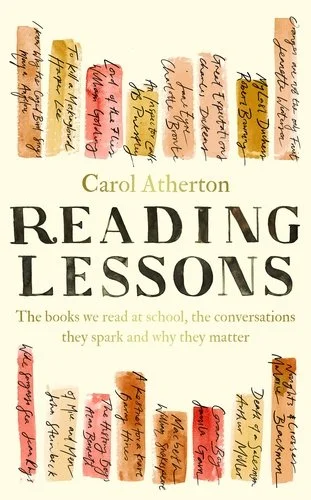

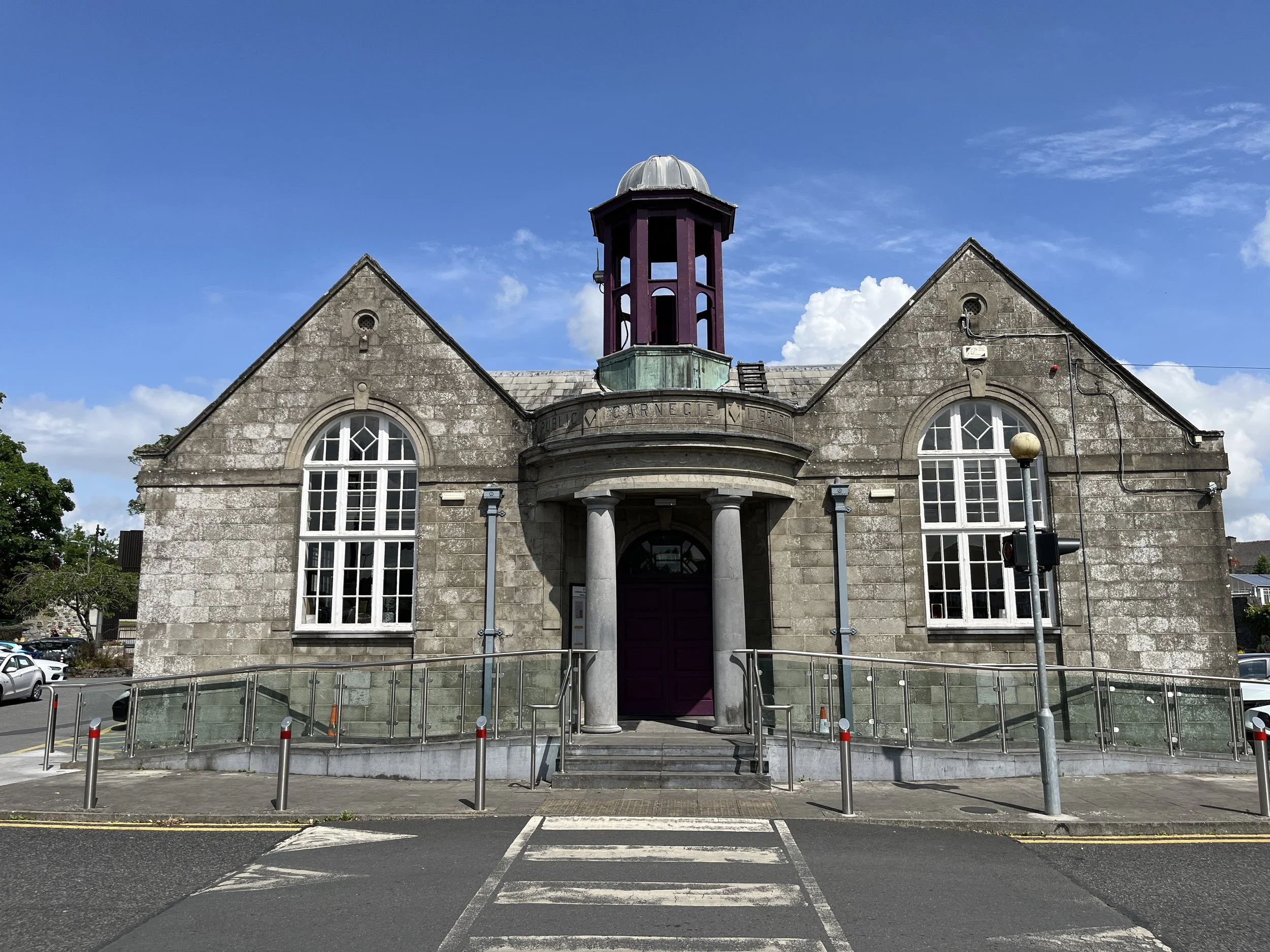

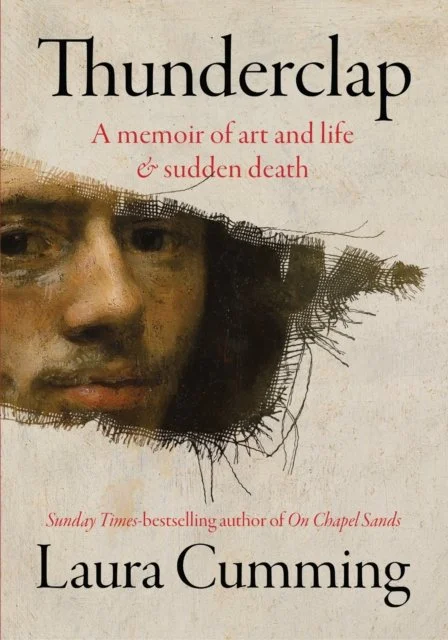




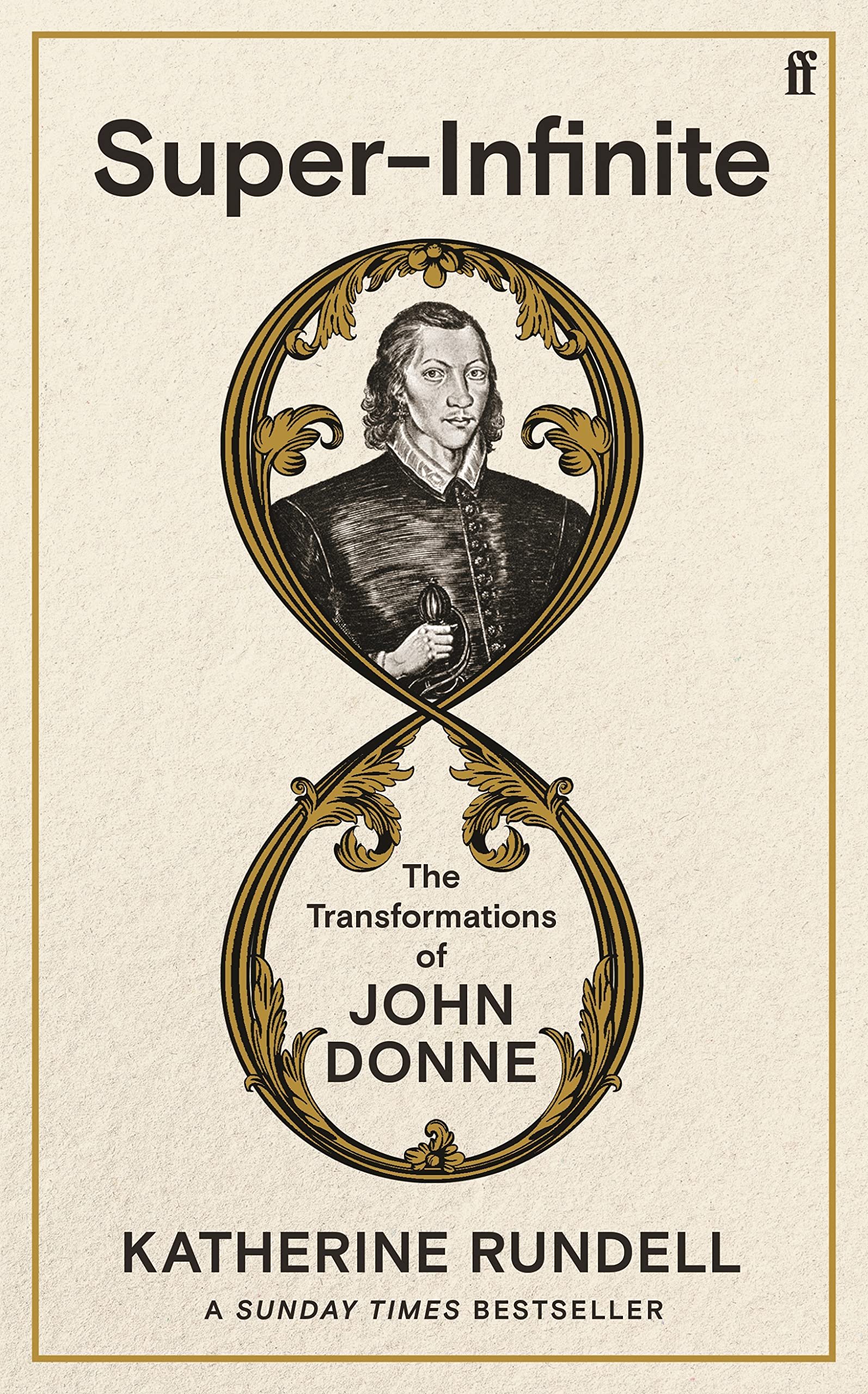


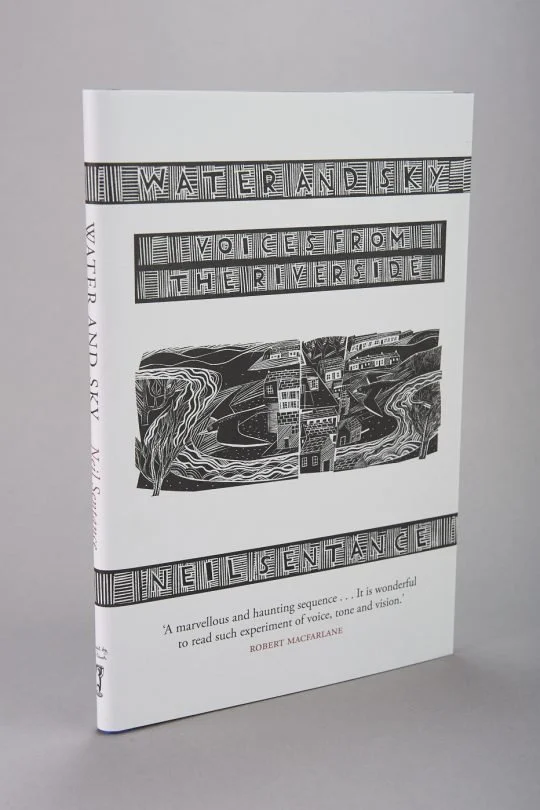
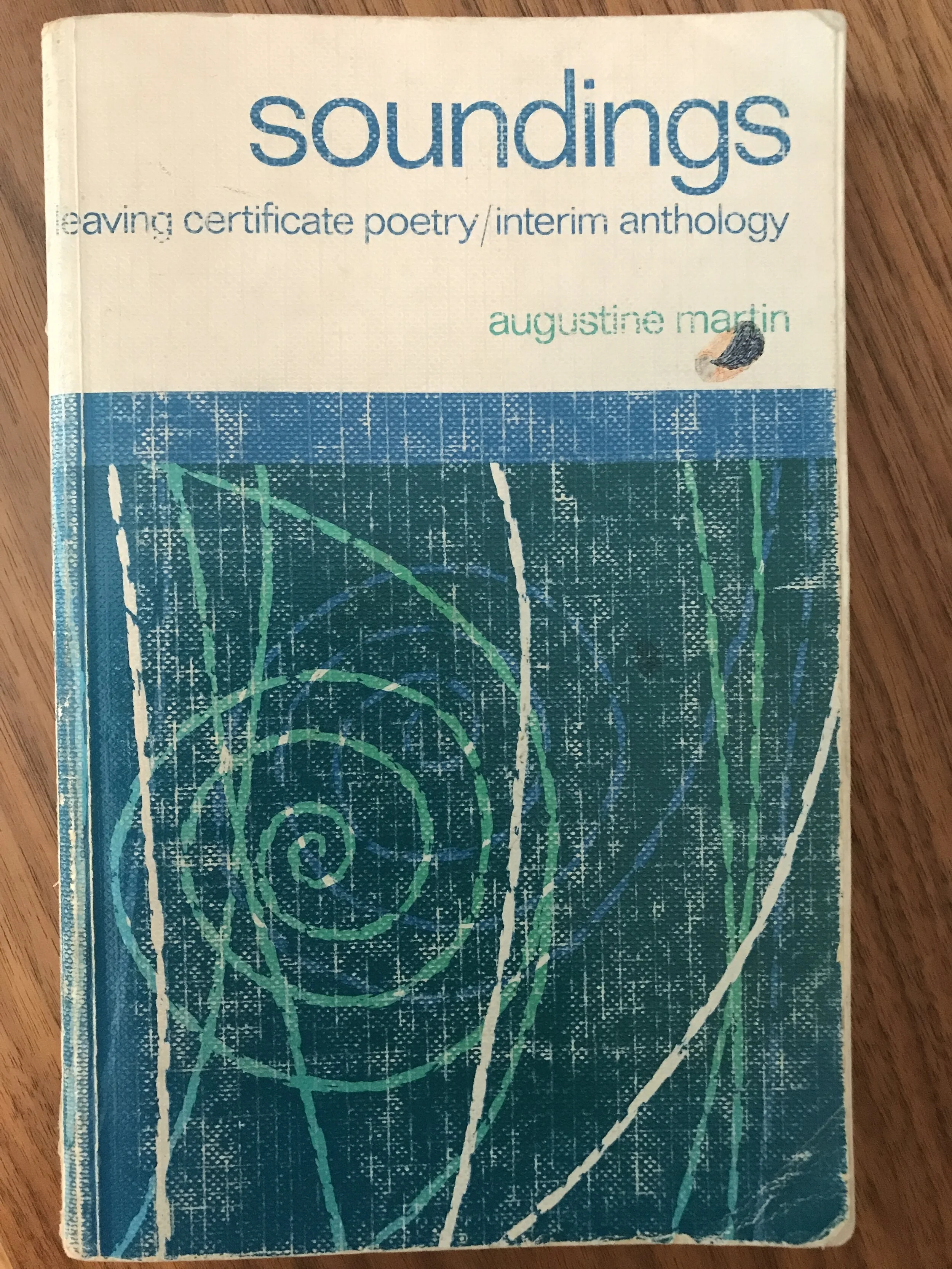







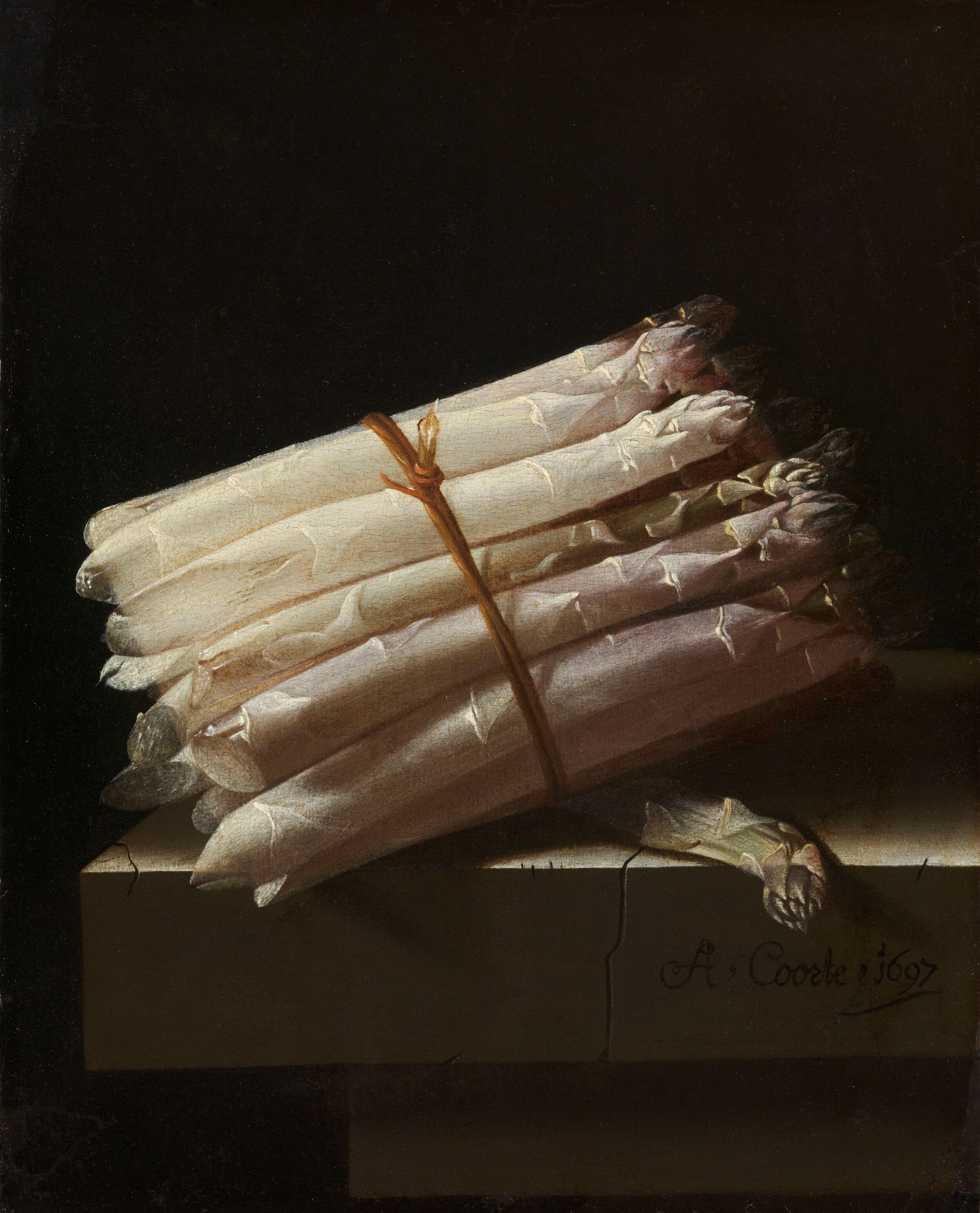






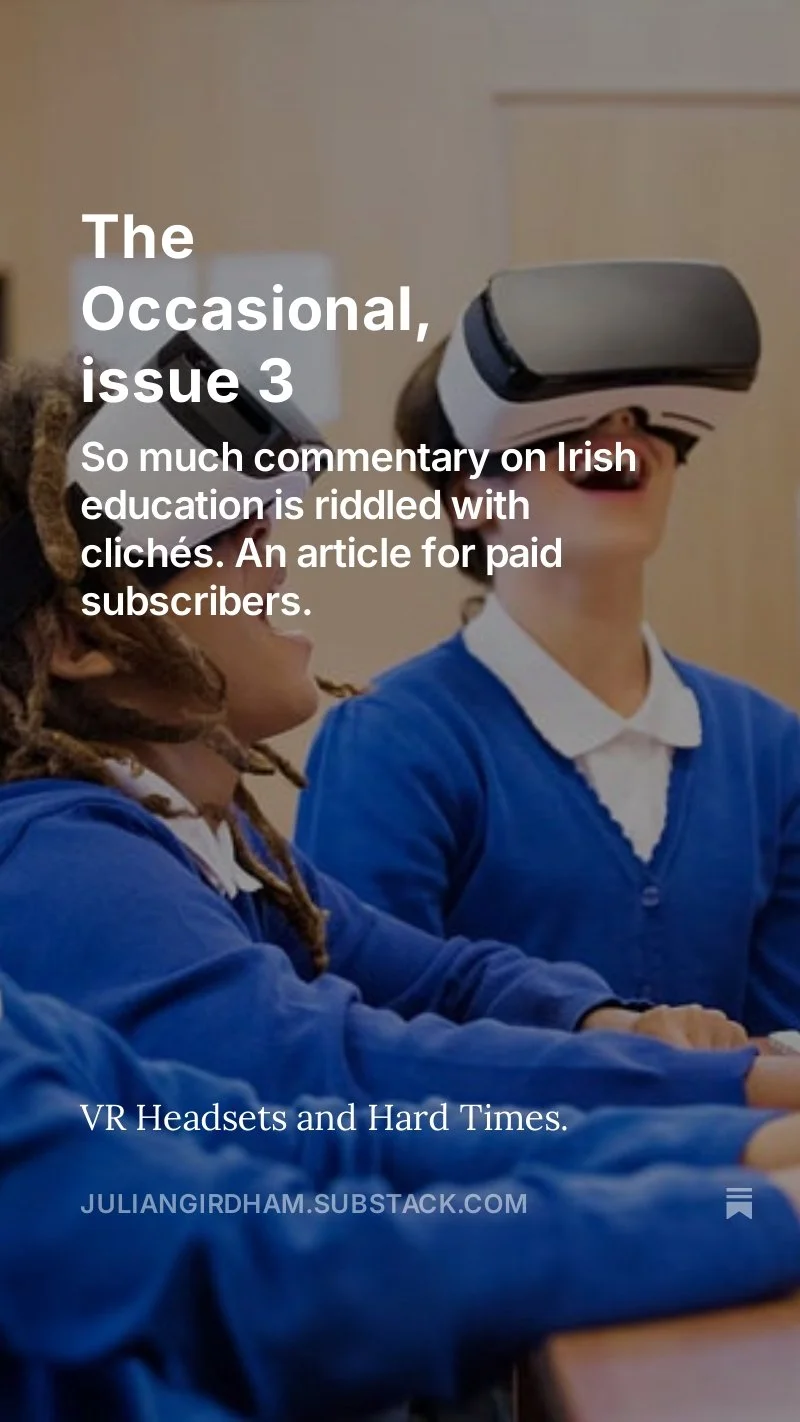


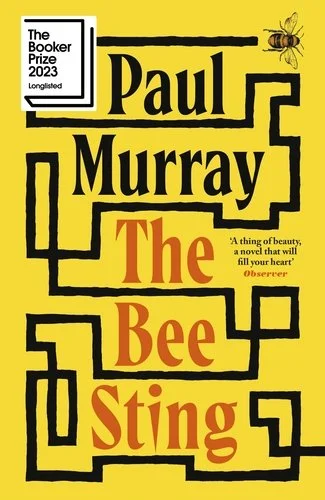

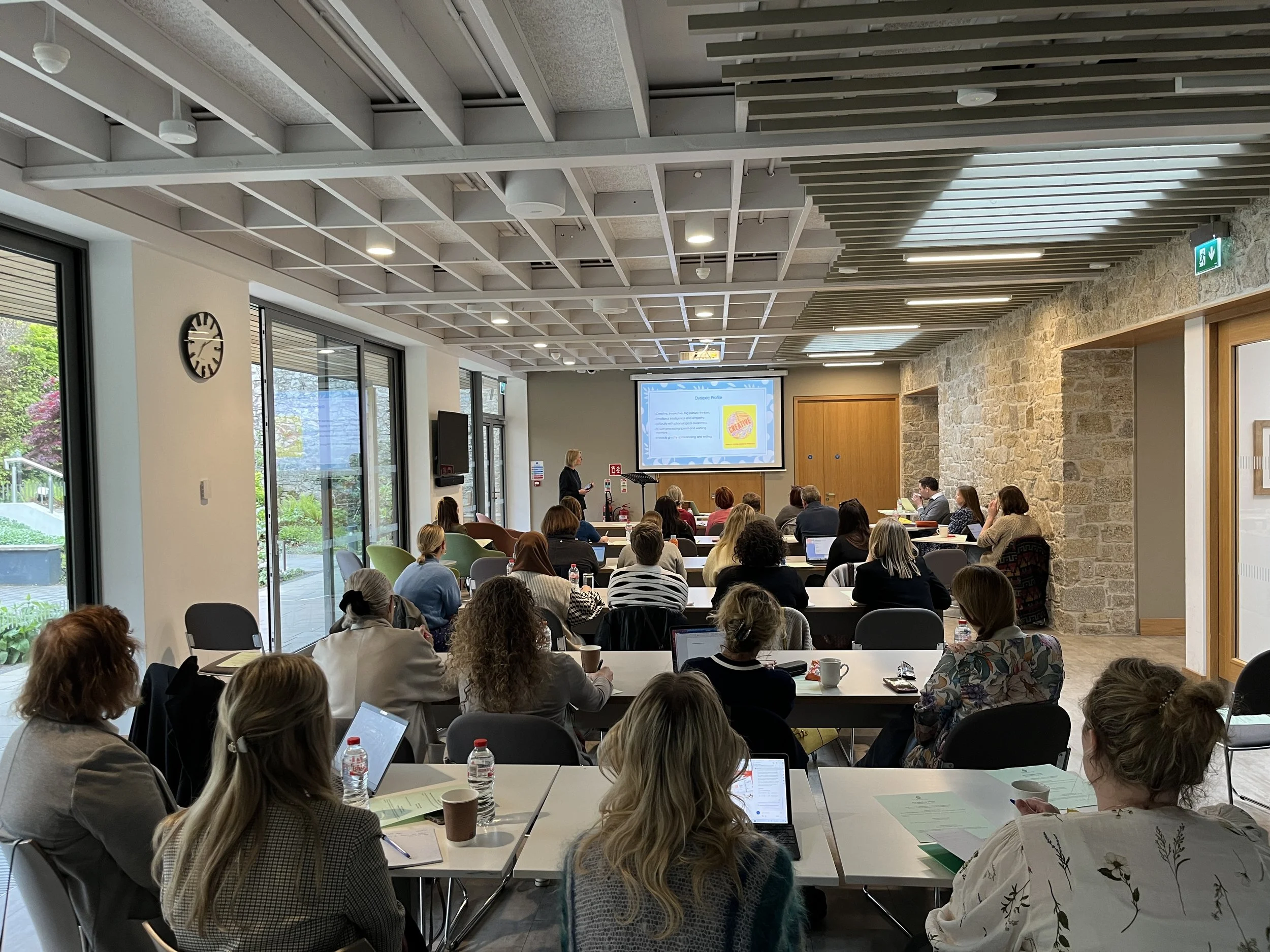





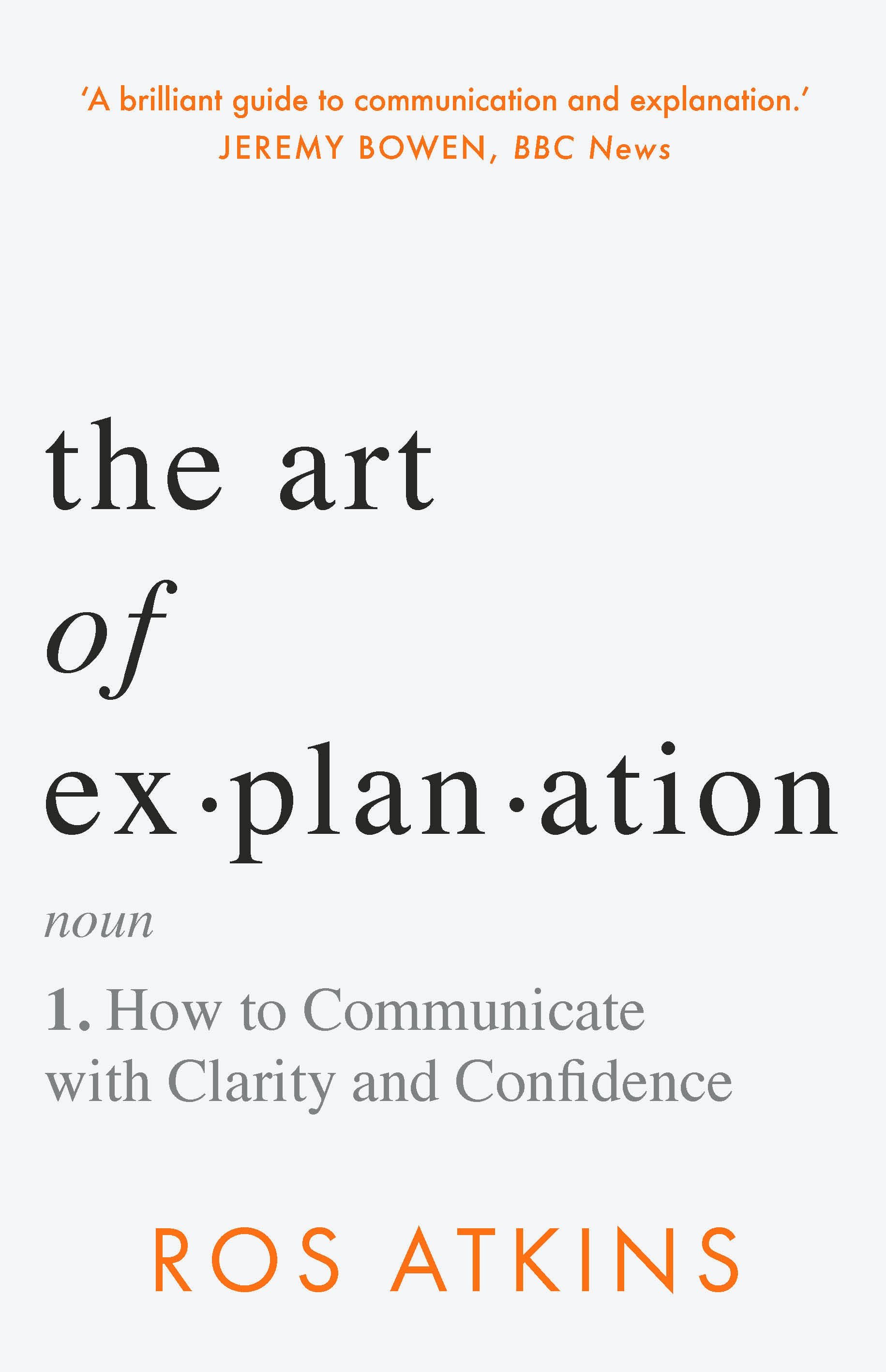











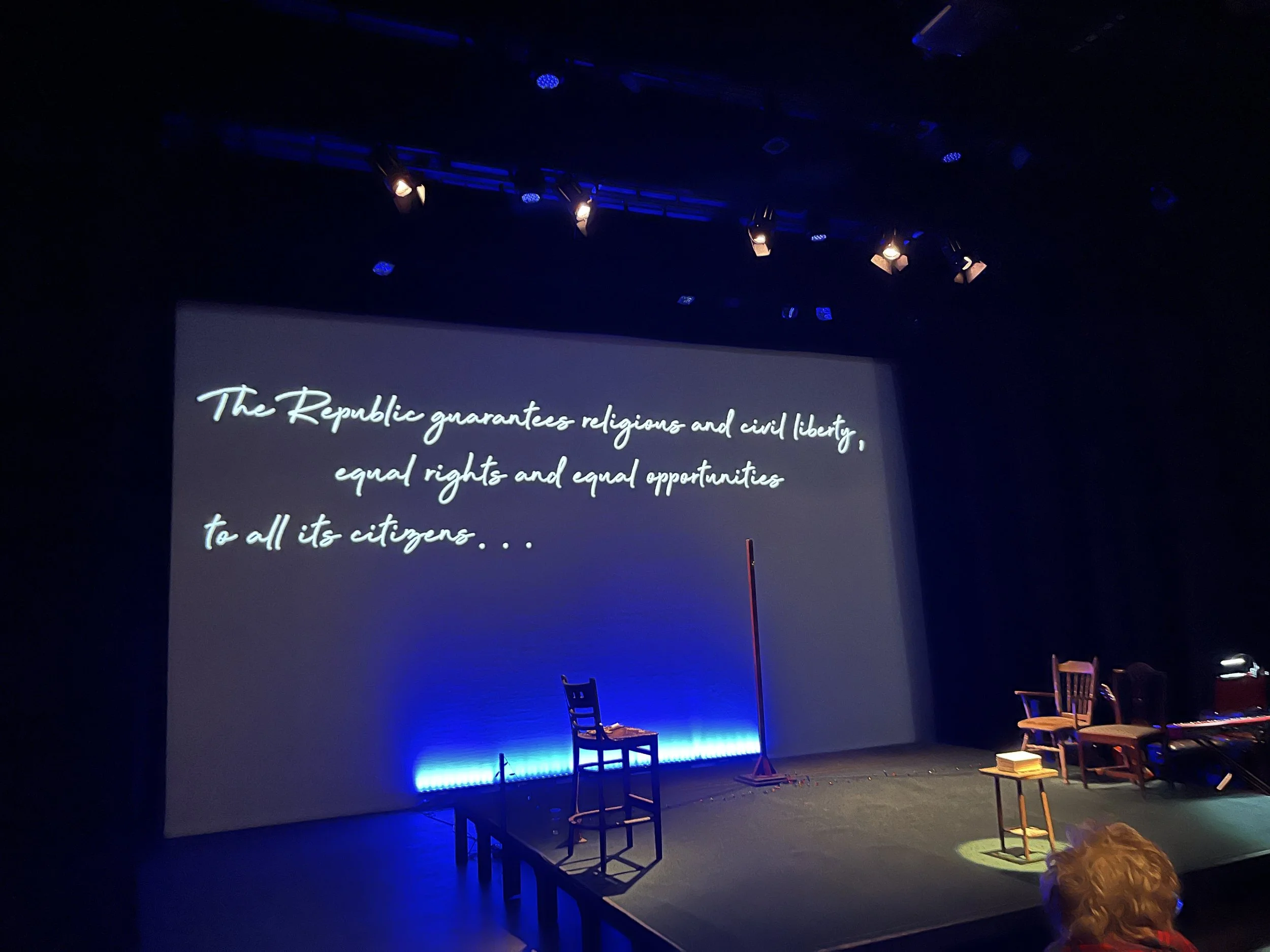





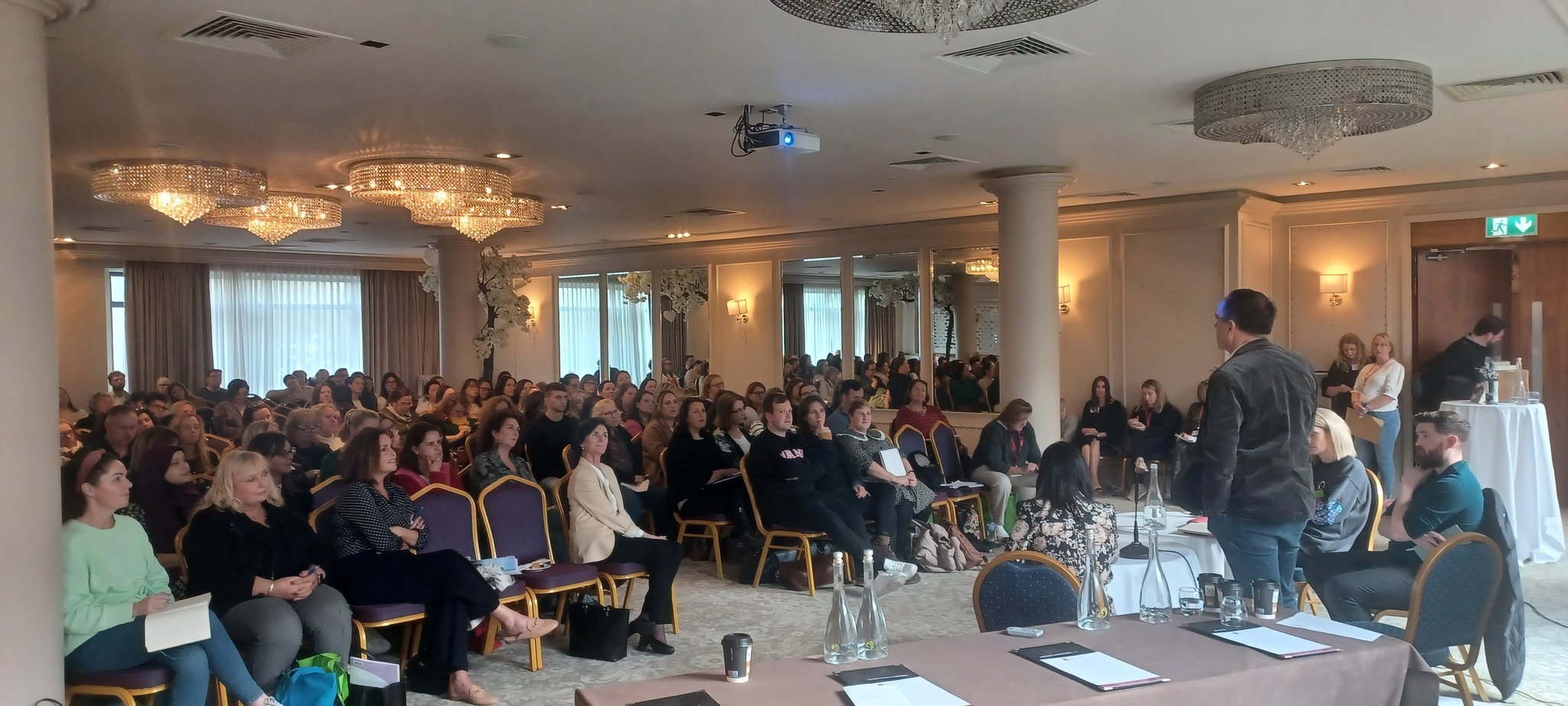

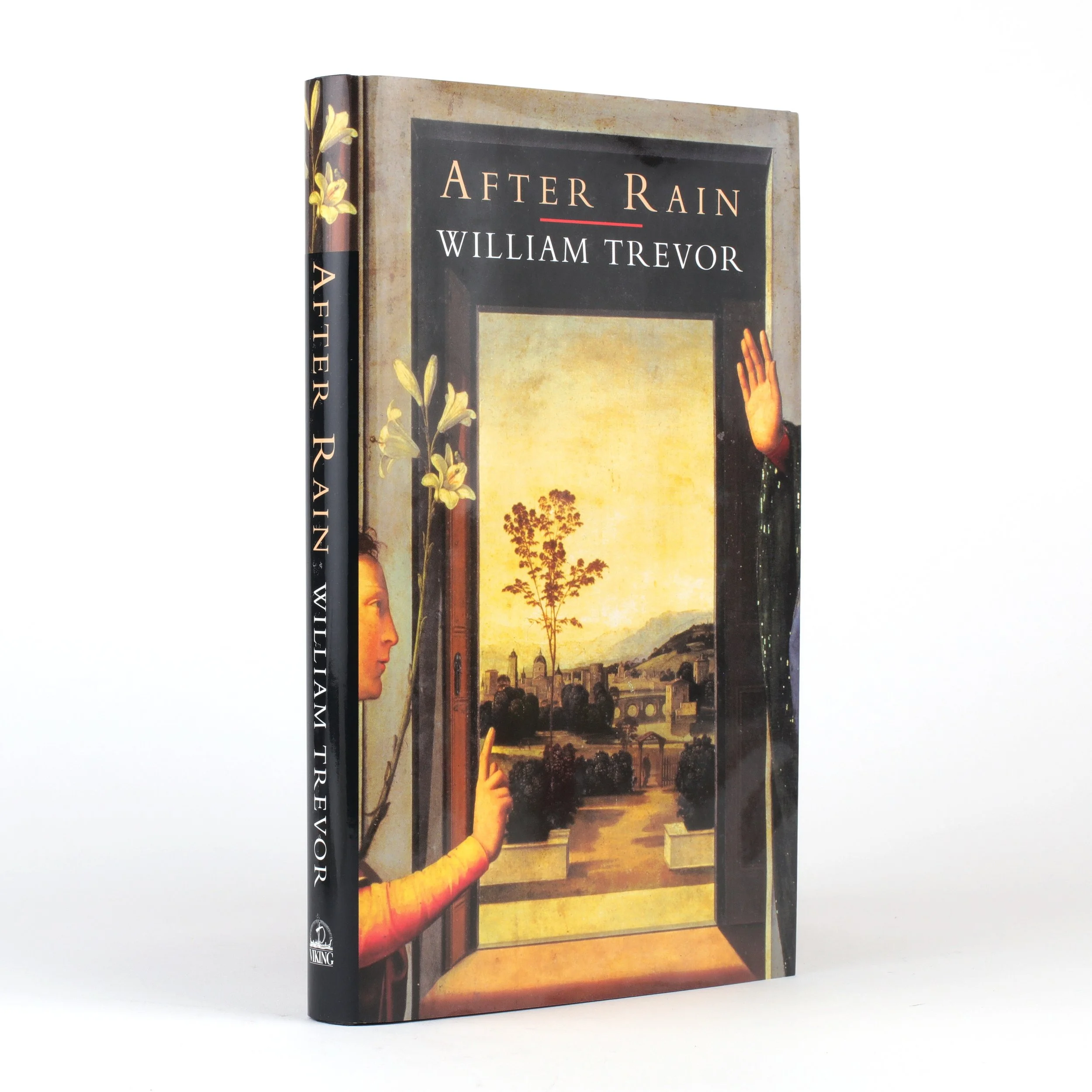
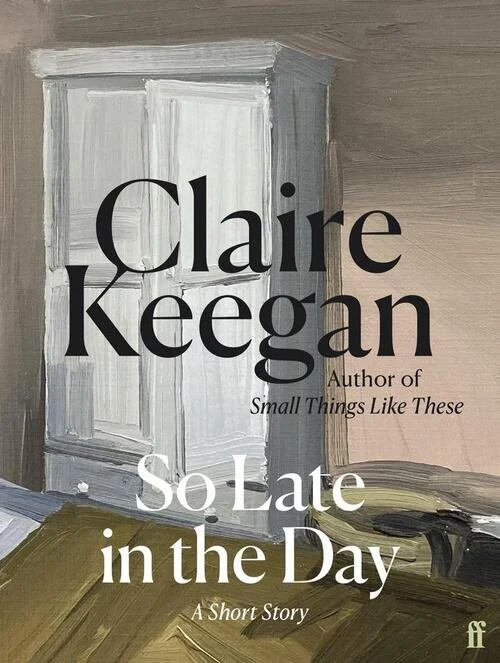


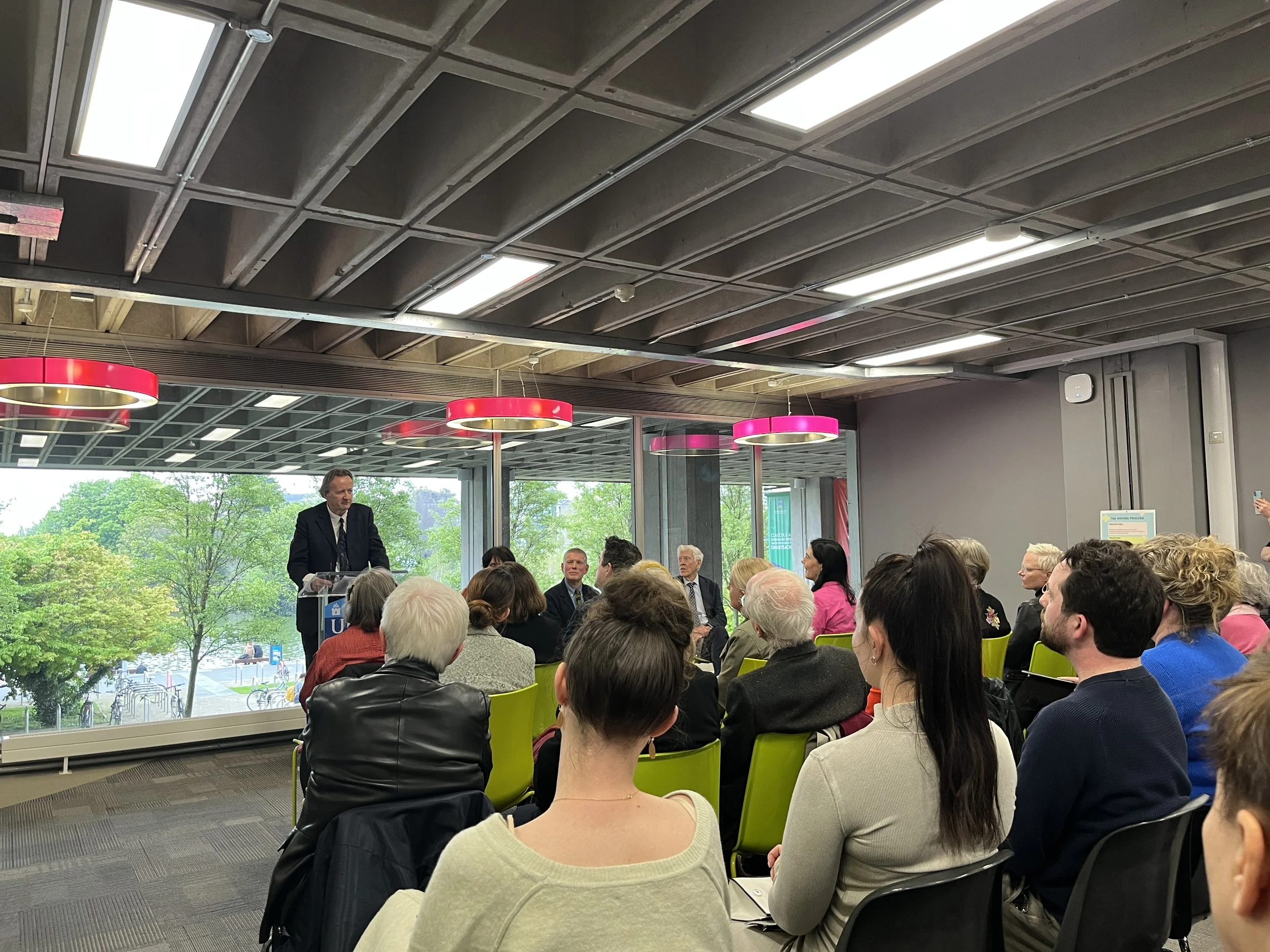


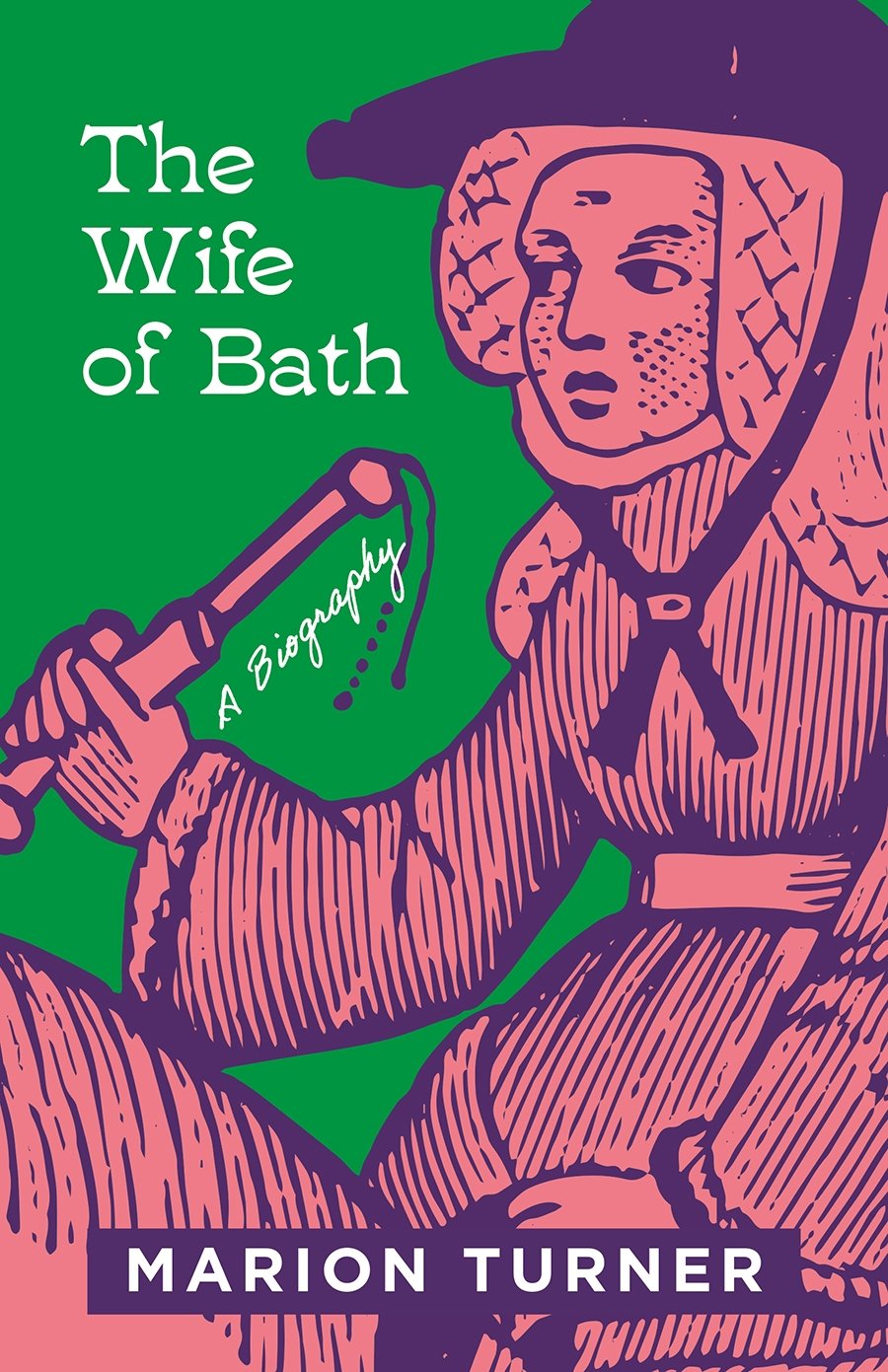










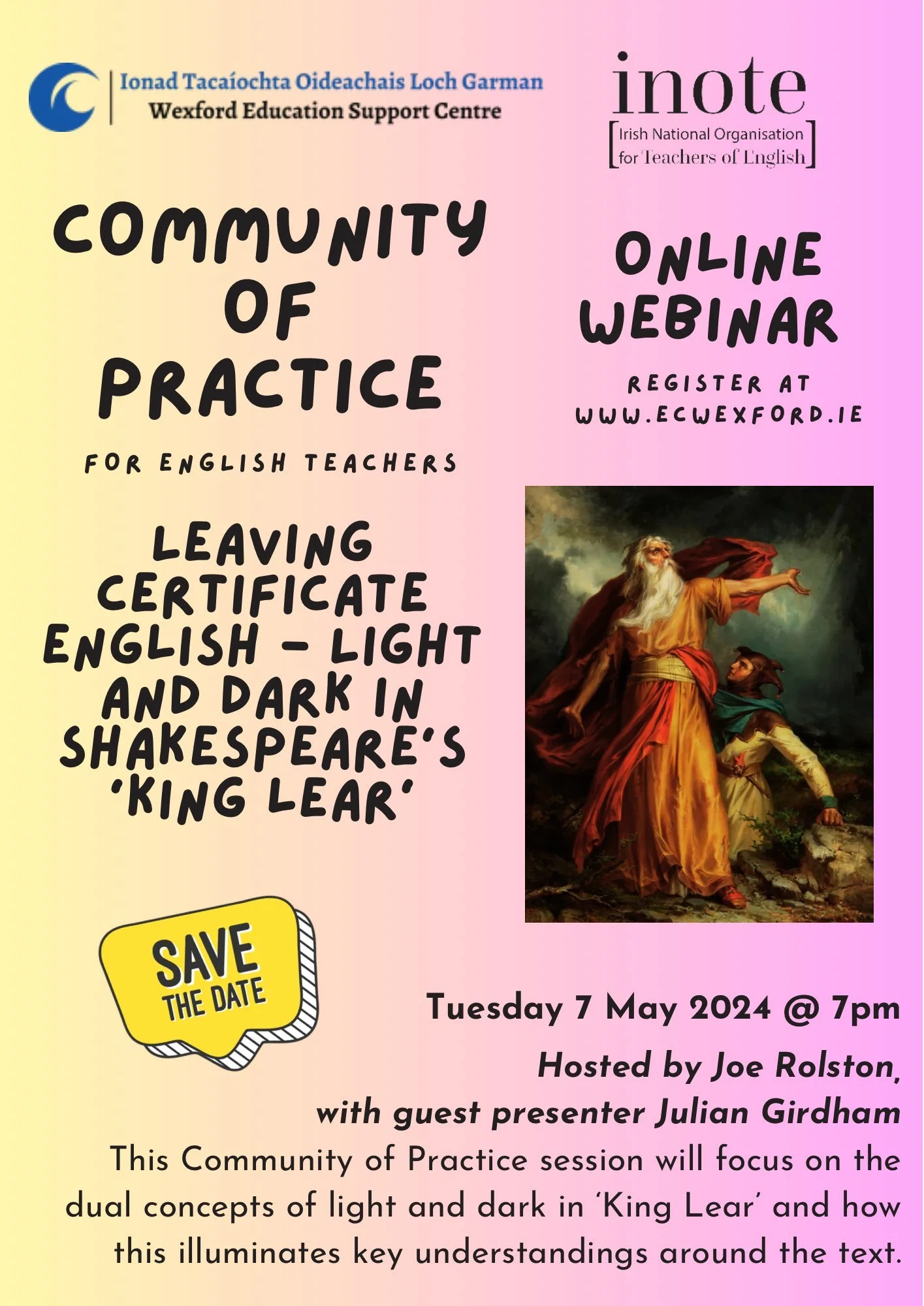




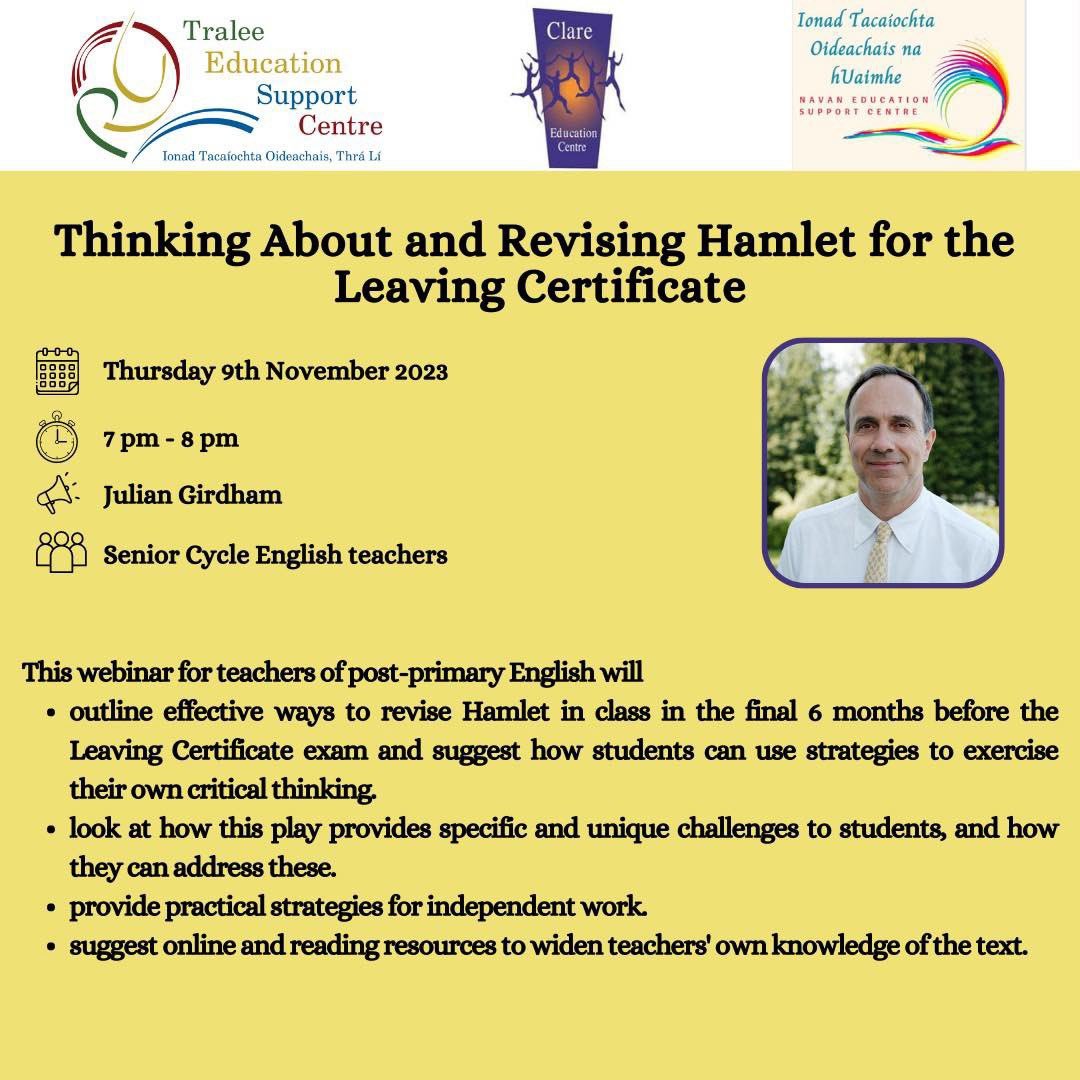





A collection of 25 pieces of writing from 2024.